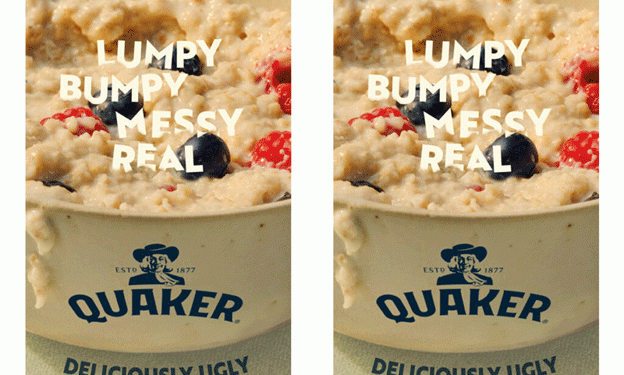Quaker Oats is launching its ‘Deliciously Ugly’ campaign to meet the growing consumer demand for nutritious and convenient breakfast options. This initiative highlights Quaker’s Oat So Simple sachets, emphasizing their great taste and quick preparation. The campaign includes promotional packs offering consumers the chance to win family day passes to National Trust sites, with prizes awarded every two minutes between 7-9 am. This effort aims to reinforce Quaker’s position as a leading choice for healthy breakfasts.
The UK’s breakfast cereal market has faced challenges in recent years due to tighter household budgets and rising prices. Despite these hurdles, the market is projected to reach over £2 billion by 2026. Consumers are increasingly seeking healthier breakfast options without compromising on convenience or taste. Quaker’s campaign addresses this trend by promoting its Oat So Simple sachets, which offer a quick and nutritious solution for busy mornings. The inclusion of a National Trust partnership adds value for consumers, providing opportunities for family experiences alongside their breakfast purchase.
However, the industry faces regulatory changes. Starting next year, the UK will implement a ban on advertising certain high-sugar foods, including some breakfast cereals, before 9 pm on TV and online. This legislation aims to reduce children’s exposure to unhealthy foods and combat obesity-related diseases. Products like sweetened porridge oats and granola fall under these restrictions, while plain oats remain unaffected. Brands will need to adapt their marketing strategies to comply with these new regulations.
Quaker’s ‘Deliciously Ugly’ campaign strategically aligns with current consumer preferences for healthy and convenient breakfast options. By emphasizing the nutritional benefits and ease of preparation of their Oat So Simple sachets, and enhancing consumer engagement through partnerships like the National Trust, Quaker is well-positioned to strengthen its market presence. Nonetheless, the company and the broader industry must navigate upcoming advertising restrictions, necessitating a focus on promoting products that meet health guidelines to maintain consumer trust and compliance.
Error




